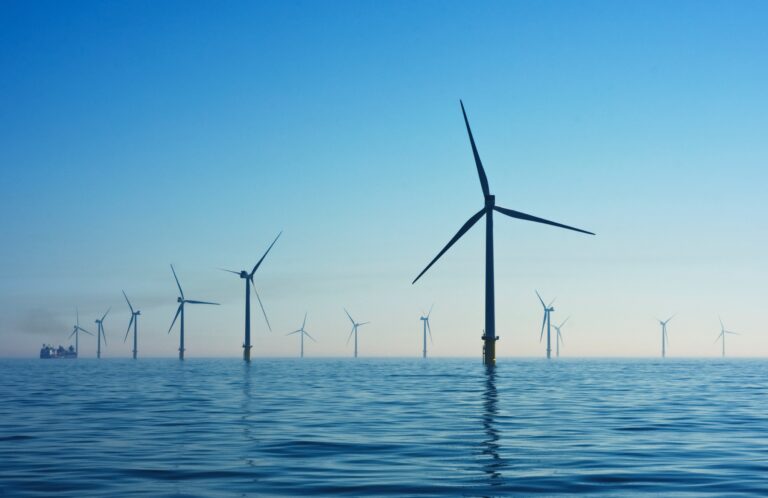Arctic Opportunities for Energy and Research Collaboration
- 22/09/2022
- 10:00 am
- Royal Norwegian Embassy
From a climate change perspective, there is a growing sense of urgency regarding the global energy transition, an urgency that has intensified due to the current situation in Europe. The discussions of the day covered numerous topics ranging from the challenges and the opportunities associated with this transition.
The discussions encompassed a variety of topics, including the challenges and opportunities that U.S. and Norwegian Arctic communities encounter during the energy transition, the societal, research, and policymaker roles in shifting from fossil fuels to renewables, and the solutions and opportunities that businesses provide.
The seminar highlighted research collaboration and business opportunities in Norway and Alaska, focusing specifically on renewable energies. “This event highlighted the diversity across the Arctic region when it comes to energy transition – whether in terms of potential, accessibility, or mindset,” said Arctic Frontiers ED, Anu Fredrikson.
Communities reliant on fossil fuel revenues will need to establish a new foundation for their economies, and companies must engage with the local population. Achieving local acceptance requires more robust value creation proposals on the ground. For a project to be successful, there must be economic benefits at multiple levels. The U.S. and Norwegian Arctic communities face possibilities with the energy transition, the role of society, research, and policymakers in the shift from fossil fuels to renewables, and the solutions and opportunities that businesses can offer.
The seminar focused on research collaboration and business potential in Norway and Alaska, particularly highlighting renewable energies. “This event highlighted the diversity across the Arctic region when it comes to energy transition – whether in terms of potential, accessibility, or mindset,” said Arctic Frontiers ED, Anu Fredrikson.
The communities that rely on fossil fuel revenues must find a new economic foundation, and companies should collaborate with the local population. Gaining local acceptance requires stronger value creation proposals on the ground. For a project to be successful, it needs to provide economic benefits on multiple fronts levels.

The first panel, From Blue to Smart Research Collaboration between Norway and the US, discussed future challenges and opportunities of intra-Arctic research collaboration with a specific focus on Alaska and Northern Norway. We heard about national initiatives to foster regional sustainable development and local collaboration. Additionally, panelists discussed what comes next for Arctic research, Arctic science diplomacy and changes for the pan-Arctic region.
The second part of the event, Harnessing the Power of the North: Norwegian and U.S. Perspectives for Renewable Energies in the Arctic, had two main focuses and panel discussions. The first discussion, between Kikki Flesche Kleiven, University of Bergen and Bjerknes Research Centre, and Ian Laing, Institute of the North, focused on Arctic Renewable Energy potential from both Alaska and Norway.
The second panel focused on development potential and realities on the ground, bringing together business leaders from both countries. Morten Hillmann-Brugård, Freyr Battery, Chris Rose, Renewable Energy Alaska Project (REAP), Nagruk Harcharek, Ukpeagvik Inupiat Corporation and Penny Gage, Launch Alaska, spoke about business potential and the importance of local value chains in the discussion moderated by Arctic Frontiers Executive Director, Anu Fredrikson.